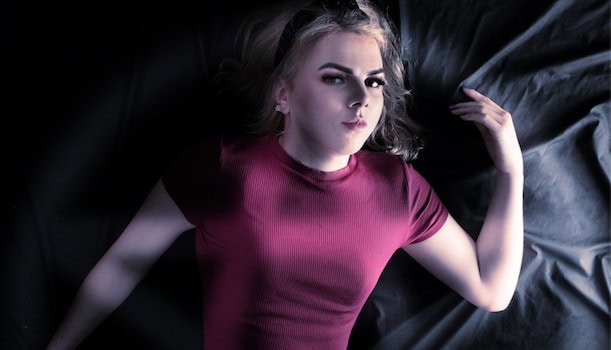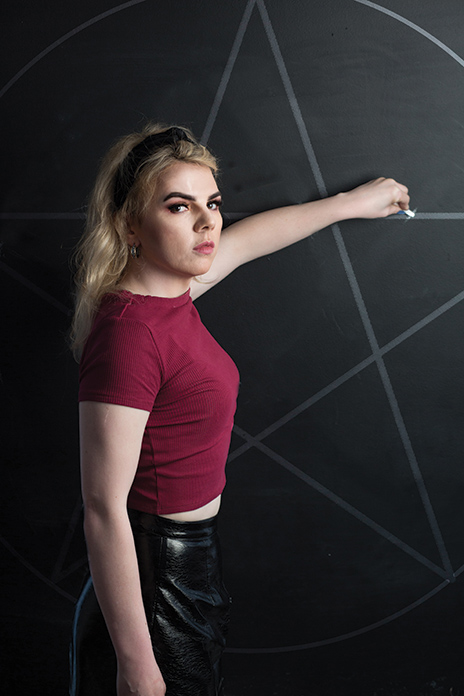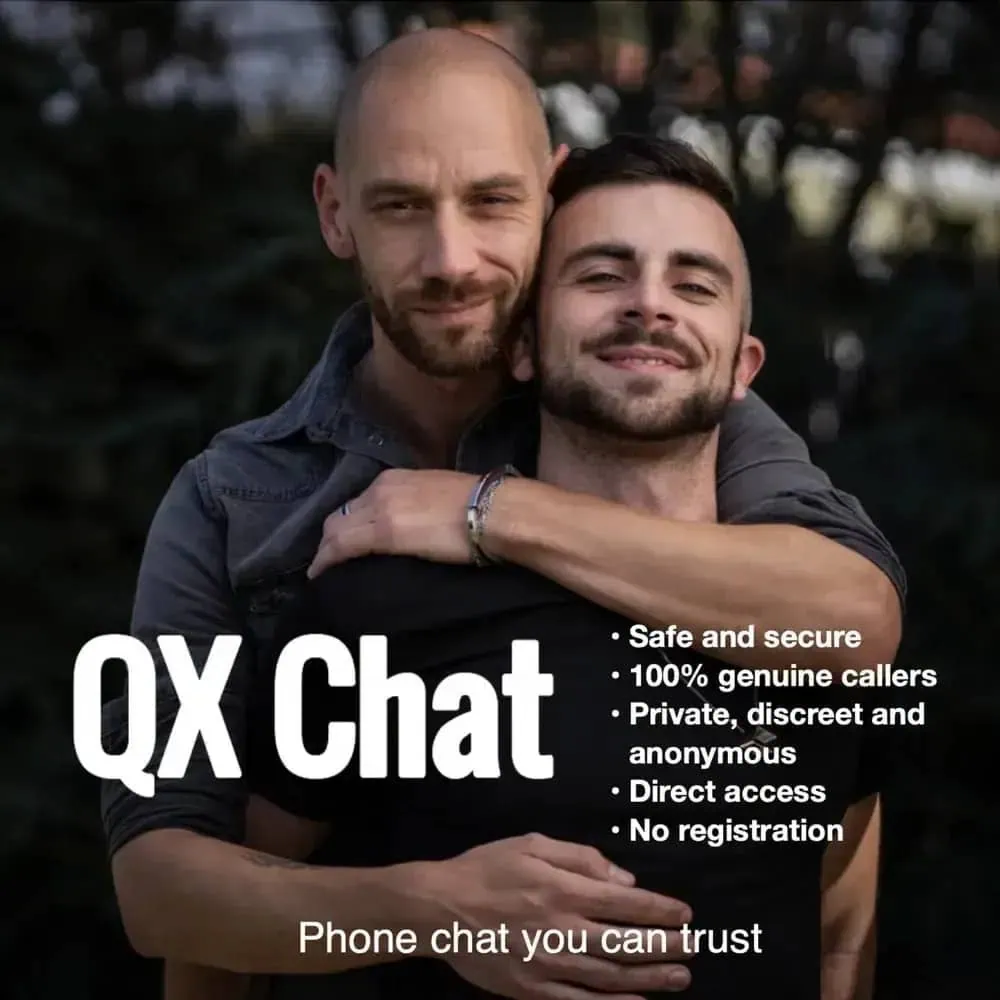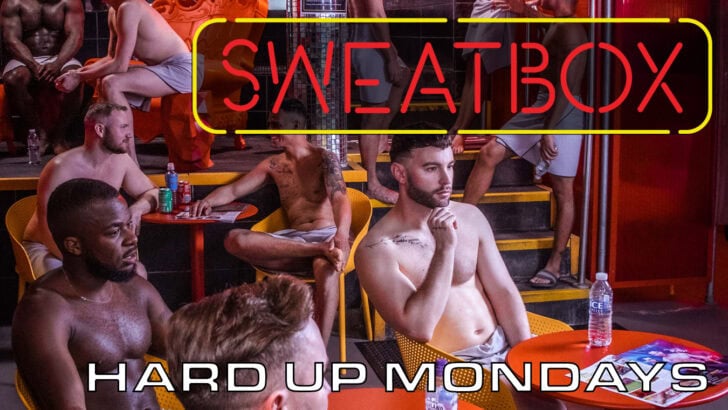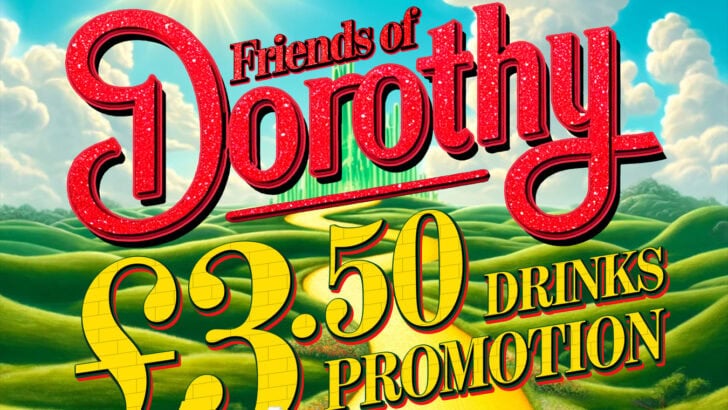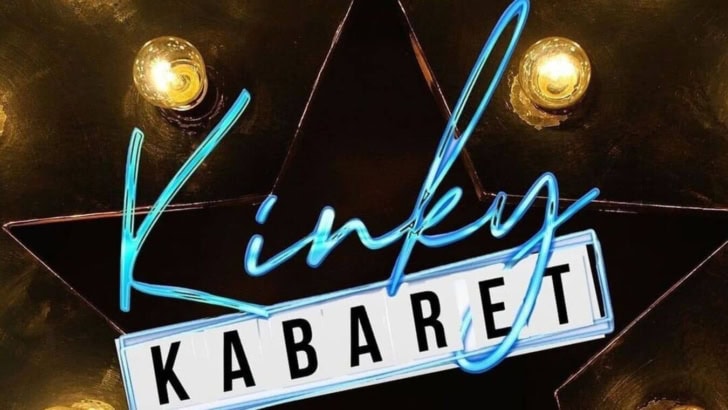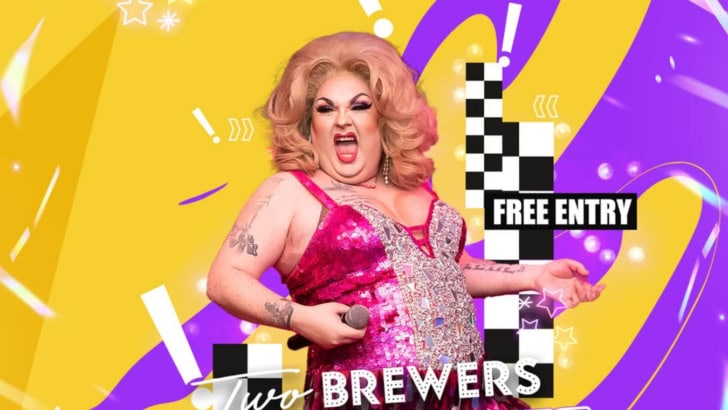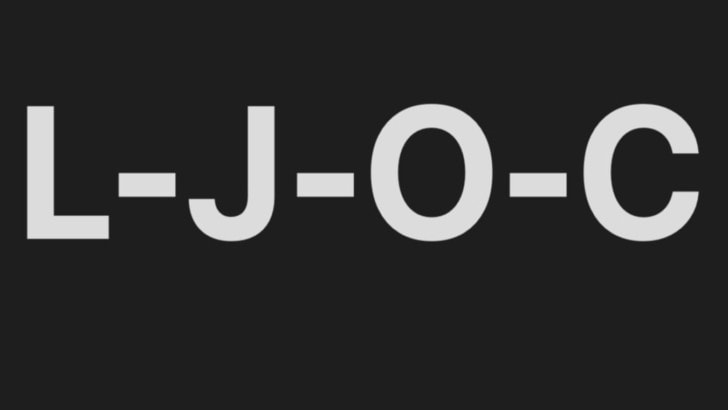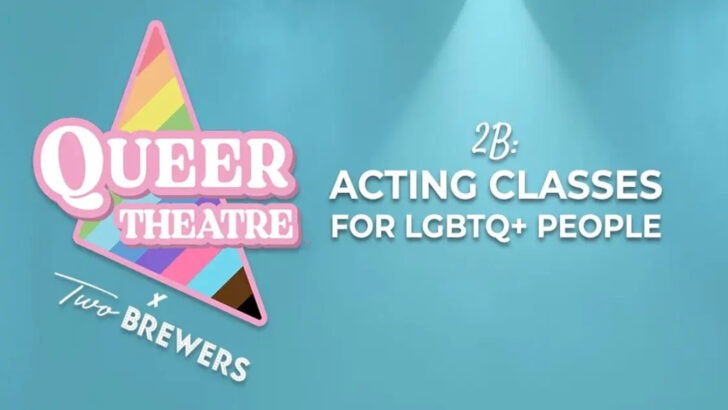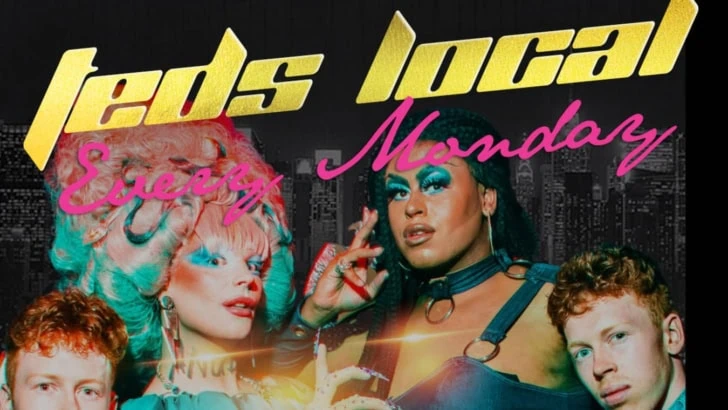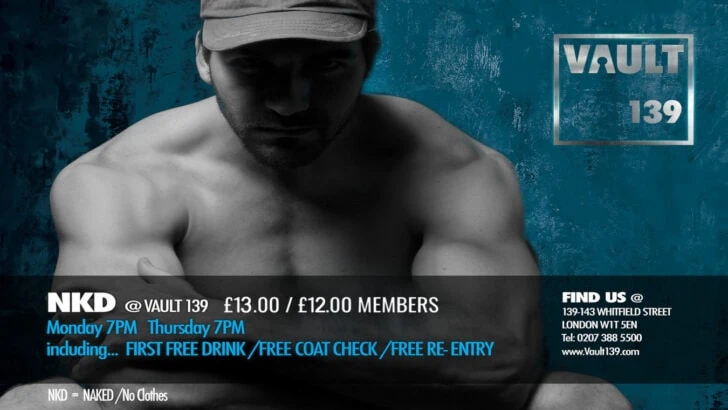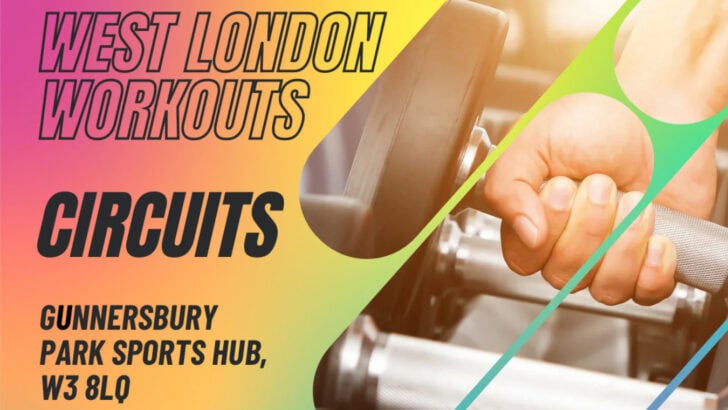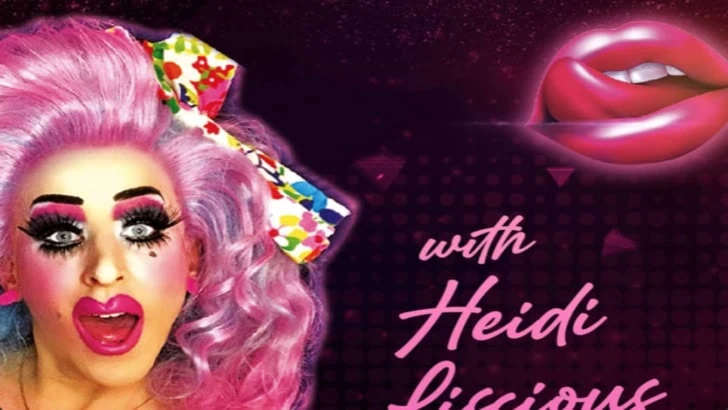Words by Dylan B Jones
Photos by Matt Spike
Makeup by Chris McLeod courtesy of MAC
Shon Faye doesn’t take any prisoners, but she does take a good selfie. She can recite the whole of Talia Mae Bettcher’s Oxford Handbook Of Feminist Theory while simultaneously doing jagerbombs in the smoking area of The Moth Club.
She’s perhaps best known for formidably savvy takes on trans rights in publications like Vogue and Dazed, but she’s also infamous for her sardonic scribblings on Twitter.
Shon’s spent the last few years doing meticulous research on all things trans, poring over pretty much every essay, article and dissertation ever written on the subject. There’s nothing she doesn’t know – from the sociopolitical nuances of gender recognition laws, to Kim Petras’s favourite snapchat filter.
She’s going to use her encyclopaedic knowledge to put together something called a ‘book’ – they’re sort of like films or Netflix shows, but you can hold them in your hands.
There’s already loads of hype over it, set to be a defining academic text of our times. We caught her in between a cigarette and a hair appointment to do a Sabrina-inspired photoshoot and find out more.
So for people who don’t know…can you tell “your story”.
Haha yes! I moved to London in my early twenties. I was a lawyer in the city. I sometimes did writing on the side. Went out on the gay scene a bit. Then had a complete implosion, quit my job, moved back to Bristol and came out as a trans woman. Then became a freelance writer. Suddenly everyone wanted to talk about trans issues, so there was a huge call for it. I got roped into it really quickly – I guess I’m a palatable type because I’m middle class, white and I can string a sentence together. At the same time I started speaking at pop-up spoken word queer stuff around London, then moved properly into stand-up, which I do in Bristol and London now. My long-term goal is to be a comedy writer.
You should get Phoebe Waller-Bridge on the blower.
Two girls from a similar background. Actually she’s WAAAY posher than me.
God, it must be nerve-wracking. Stand-up’s nerve-wracking right?
I think it’s about…control. I see it as a kind of therapy. When I first met QX (lol) I was someone who relied quite a lot on, shall we say, hedonism?
I’m sure a lot of our readers will identify with that.
I went to university thinking I’d become a really confident person. What I’ve realized recently is that I’m a socially anxious person who uses crutches. And I try to own that with the mic when I’m on stage. With stand-up, you have control. You are on stage, everyone’s paying attention to you…you control the dynamic of the room.
That could be really great advice for anyone who struggles with stage fright. You’ve got the power.
You do have the power! You have to own it if you get heckled though. At an earlier point in my transition, audiences might have got as soon as I stood up that I was a trans person. Whereas now I can present in a certain way where it might take longer. I play around with that sometimes. It works for me being a trans woman and a comic because stand-up comedy is really male, cis and straight – it’s a very macho world. So I can challenge that. And because trans people are always the butt of jokes, I like turning that on its head. But it’s interesting; there are jokes I can’t make on Twitter that I’ll make on stage. On Twitter I’d be too worried.
You’ve had a weird relationship with Twitter haven’t you?
Yeah. I’m worried this will sound like I’m saying “Oh, ever since I went off Twitter I’ve been CRACKIN’ OUT THE RACIST JOKES.” It’s not that, it’s more just…you say something light-hearted and then someone will take it at face value, and send you a pissy reply like “actually some of us in the queer community have had that trauma…” it’s like, yeah, so have I, so I’m allowed to make that joke and bla bla. With a lot of gay men on Twitter there’s this whole thing about body image, about which bodies are in gay magazines and stuff. A few years ago it was like ‘oh we need more diverse bodies’ or ‘oh it’s so annoying that every hot gay is one body type’. Which is obviously a fair criticism. But then people started to drag guys on Instagram who were just posting thirst traps. And THEN there was a backlash with ‘actually there’s a lot of dysmorphia in the community, so don’t make fun of people who want to show their bodies off…’
It just goes round and round doesn’t it.
Everyone’s trying to out-woke each other. Sometimes they’re right, but also – have a day off.
I find it interesting when people say they’re all about diversity then just constantly like pics of muscly white guys on Instagram.
Instagram’s weird. Trans girls are really rewarded on Instagram, just like in society, for being classically and normatively feminine. I’m not high femme with wigs or huge lashes. And I’m not a model, they’re just selfies from my phone. But anything like that gets way more likes than anything activist-y.
So you’re a bit more chaste on socials but I can imagine on stage you’d be a lot more comfortable saying “I’m a fucking [T-word]”.
Yeah it’s exactly that. I remember using the word “transgender” once, which I never really use. It’s such a school marmish term. But then I called myself “a transsexual” and suddenly everyone started laughing.
“A transsexual” seems like such an odd phrase now haha
I know, I love it though! It’s so 90s. It’s quite cockdestroyer.
Because it’s got the word “sexual” in it.
It is that, yeah. I was at my boyfriend’s parents’ house recently while they were away – I’d left some cigarettes on the table and he was like ‘oh god they’re gonna find them’ – he’s thirty-five but doesn’t want his parents to think he smokes – and I was like “you could just say ‘they’re not mine, they’re my TRANSSEXUAL girlfriend’s.’”
Or even better just “a transsexual left them here”
‘The transsexual I’m FUCKING!!!’. But words like that…it all contributes to how people see the trans community. Trans people have this quite unfair reputation of always complaining. The angry mob. “I’m triggered, I’m upset, you’ve triggered me.” And there is a lot of that – there’s trauma and sadness, and trans people do have a right to be angry. But trans women are very funny as well. It’s always in private conversations – some of the funniest conversations in my WhatsApp are with other trans women, but we could never say it. It’s that respectability thing – you can’t say it in front of cis people because you don’t want to give them a license to say stuff themselves.
So around cis people you feel like you’re representing your community?
A bit. There are people who think we’re sexual fetishists who are trying to creep into women’s spaces. So it’s really weird. Online I used to see this caricature of myself that definitely wasn’t me. I read stuff that made me sound like Rebecca More, it was so funny. But actually I was quite restrained – quite boring and monogamous. It was because I’d make lewd jokes. It’s the classic misogynist reaction obviously, but it was intensified because they think trans people are sex mad and pervy.
When we featured Rebecca More we got some transphobic comments from people who thought she was trans.
That doesn’t surprise me. I’ve joked before that she’s a cis transsexual. It’s really interesting though, because it reveals a lot about how people view trans women and sex workers. For most straight men, the first time they’ll see a trans woman is in porn. The viewing stats are there – it’s millions. And there’s a very specific type of trans woman that’s in porn. Obviously big tits, et cetera. That very high femme thing.
A common criticism of trans women if we wear false eyelashes or whatever is “real women don’t dress like that”. Well the TOWIE girls are still real women. And you’re not hating on them. I think Rebecca, being a sex worker who has a very exaggerated form of femininity, probably just on a visual level angers some people like trans women apparently do. But fuck them, she’s great.
So I imagine you’ll be talking about things like this in your NEW BOOK.
The reason I’m writing a book, is because I was writing for the Guardian and a few other publications. But then the Guardian wrote a shit editorial about the Gender Recognition Act. I’m not willing to write for media that has such a horrible undercurrent to it.
I always ask people – why do you think the media is so obsessed with trans people at the moment?
There’s a moral panic. Trans people unsettle a lot of people’s fundamental ways of seeing the world. Most people have never knowingly met a trans person. And it’s so easy for the media to build on a stereotype from decades of wrong messaging about trans people, and then create fear around it. In some of the workshops I’ve done on trans awareness training, loads of people don’t have a clue what they’re talking about and are just benignly ignorant. People don’t actually know and can’t humanly relate. Everyone thinks they can just see a trans woman on sight in women’s toilets and that it’ll be obvious. But it’s so not that.
So do you ever get any shit from people in public?
I used to when people saw me as a gay man, but I don’t get street harassment anymore because people just see a girl. I remember the first time I went out post-transition, someone shouted ‘faggot’ and I thought it was directed at me. Because that’s what I was always used to as the most femme gay in the group. But they were shouting at my friend. So that’s weird. The worst period was when I was somewhere in the middle. People would just spit at me. I don’t like the term ‘passing’ but that’s what it is. It just means you don’t get looked at. But the new thing I have to deal with is being treated like a woman, which isn’t great.
That must be a bizarre thing to go through.
Well…I feel like it’s the same groups of men though who have been yelling things at me my whole life. It’s been the same men, they’ve just been saying different things. The same people that before were like ‘fucking faggot’ will now be like ‘alright blondie?’ or whatever. It’s all about humiliation and imposing on you in a public space.
So to wrap things up…from your years of studying trans stuff, is there anything you can remember reading that was really useful. That really stuck with you.
I’ve read loads of theory and political books, and what’s always struck me the most is that…you don’t need to understand why someone feels they’re a different gender to the one they were assigned at birth. You don’t need to understand what gender dysphoria feels like, or what it feels like to change your body. You don’t need to understand why someone’s trans. What I want people to understand, is how it feels to fear rejection. Or how it feels to be subtly humiliated. I sometimes train with a colleague who’s a lesbian, and she’ll talk about a plumber or whatever asking where her boyfriend is and she’ll just go along with it and say she has a boyfriend. That small level of defeat, thinking ‘god this is so shit that I’ve just felt I need to lie.’ And then you feel like a fake. Because outwardly you’re like GAY PRIDE but then lie when it’s convenient. THOSE are the things I want people to recognise and identify with. There’s a lot of theory about why people are trans – I could recommend texts and essays. But I don’t want to do that. It’s about focusing on what we have in common.
Shon Faye is a writer and comedian. You can follow her on Twitter @shonfaye
READ MORE:
Juno Dawson: We Talk Books and Boys with Brighton’s Teen Fiction Queen!
